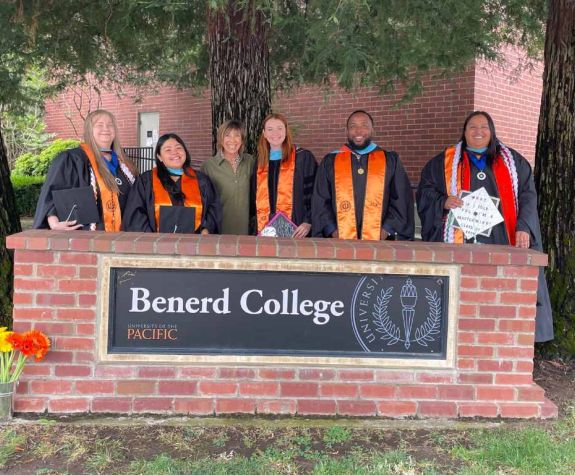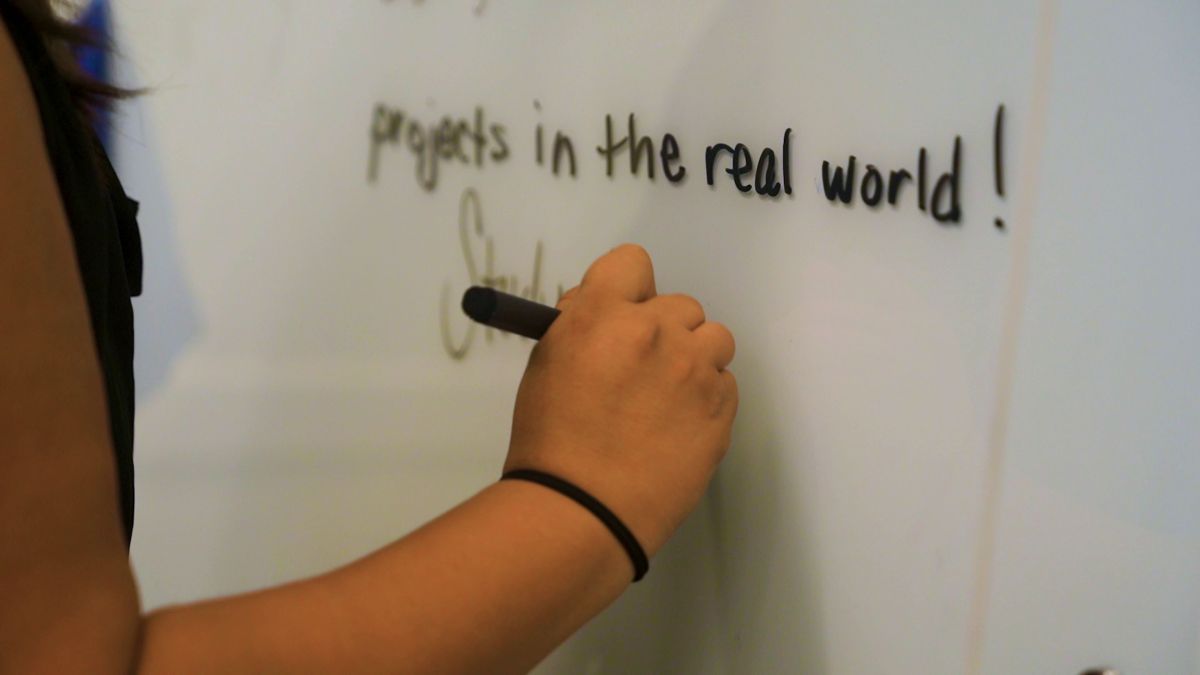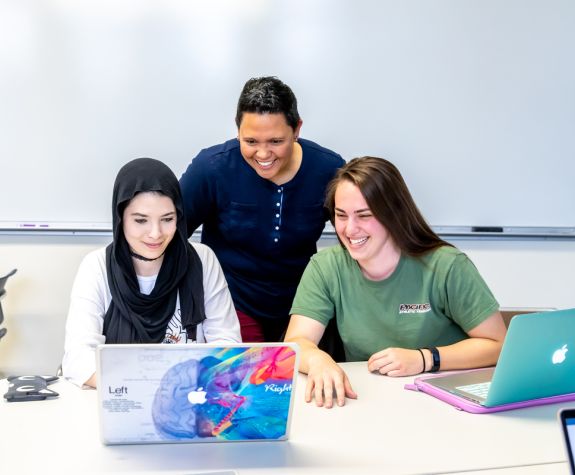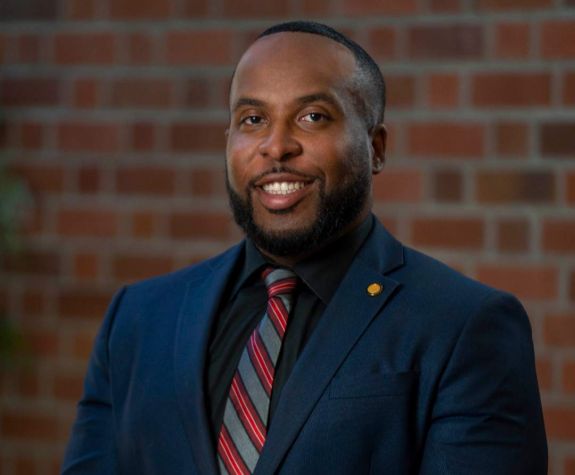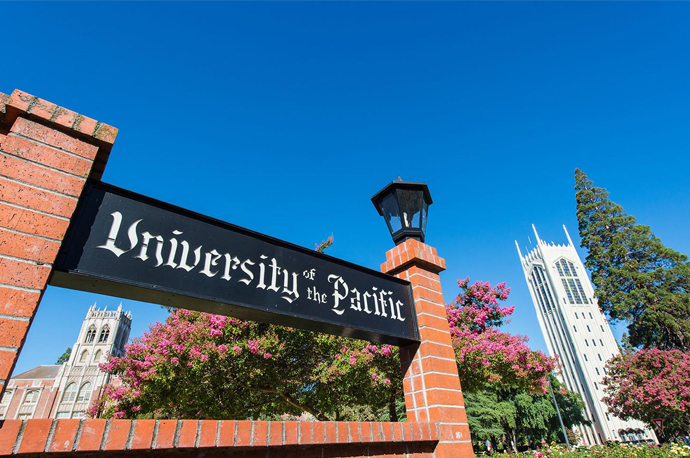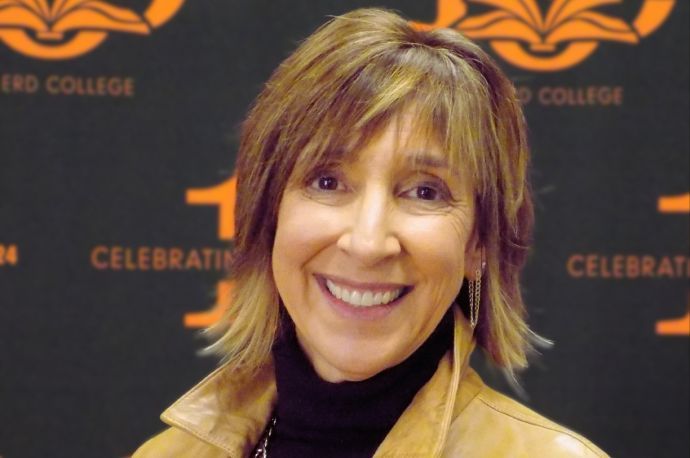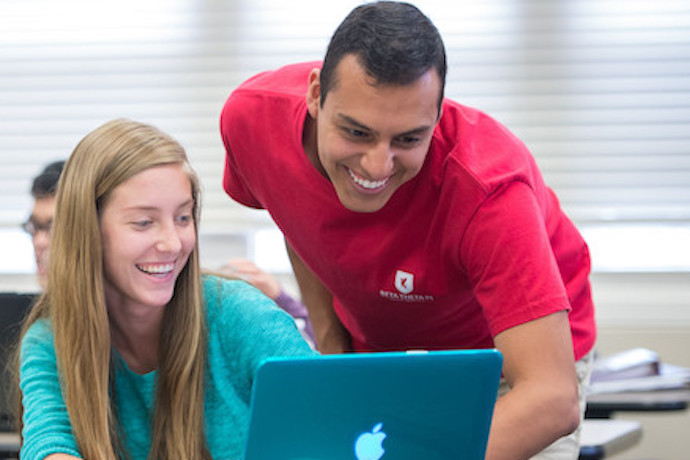As of Spring 2026, this program is closed to new applications. Please click here to learn more about our NEW 1-year Master's in Leadership program.
“Be the change” with a Master’s in Leadership, Leading for Social Justice
Today, more than ever before, leaders around the world are standing up and taking action for social justice and change within our communities, professional organizations, and nations. Whether in business, education, the nonprofit sector, or other contexts–taking action for social justice means recognizing our profound responsibility to question and critically analyze, and disrupting initiatives that marginalize and oppress our communities. It is up to us to create and maintain positive social change, working together to end racism, sexism, ableism and all forms of discrimination.
Earning a master’s degree in Leadership, Leading for Social Justice at University of the Pacific will help you develop and strengthen a leadership identity focused on authentic, sustainable change–leadership that’s ready to address the challenges we’re facing. Whether you currently hold a leadership role, or aspire to in the future, our 26-month graduate level Leadership, Leading for Social Justice degree will prepare you to lead in a broad range of environments — including schools, nonprofits, community organizations, businesses, and more.
A master's degree in leadership, built on experiential learning and Social Justice
At the heart of our Leading for Social Justice degree program are rigorous courses taught by professional leaders and agents of change, those who are actively doing this work in their communities and organizations. In your Leadership, Leading for Social Justice master’s courses, you’ll collaborate with faculty and peers in project-based courses, contributing to impactful change in your communities now. Our students have founded non-profit organizations, designed pipeline projects from K12 to higher education, and continue changemaking work, addressing complex challenges in service to humans on both local and national levels.
Please note: This program format cannot support an I-20 for international student visas.



